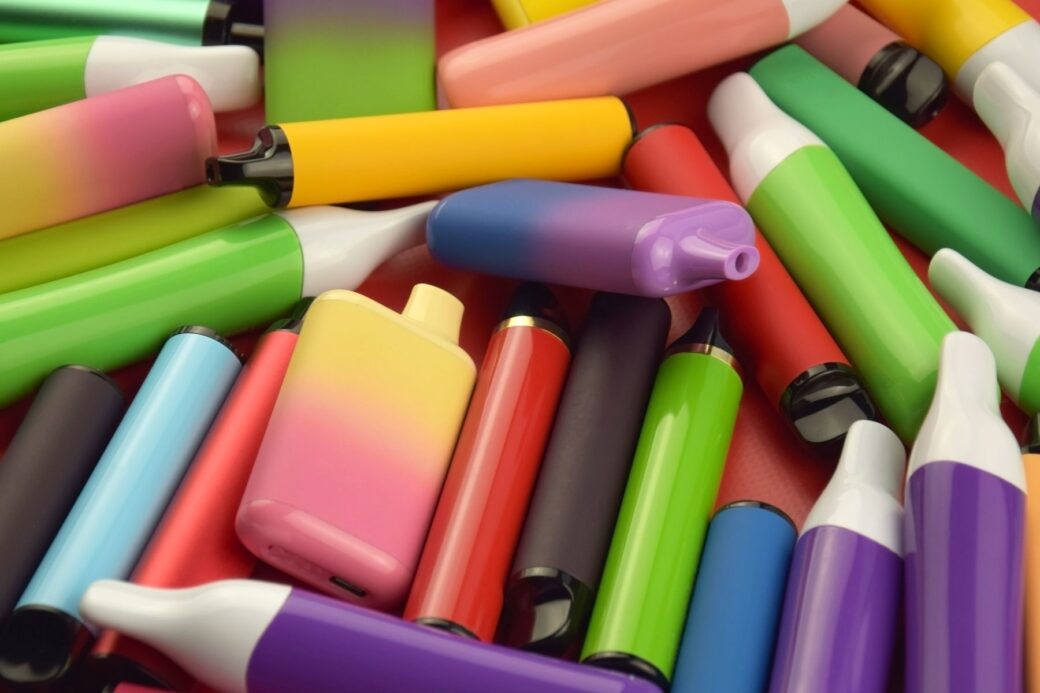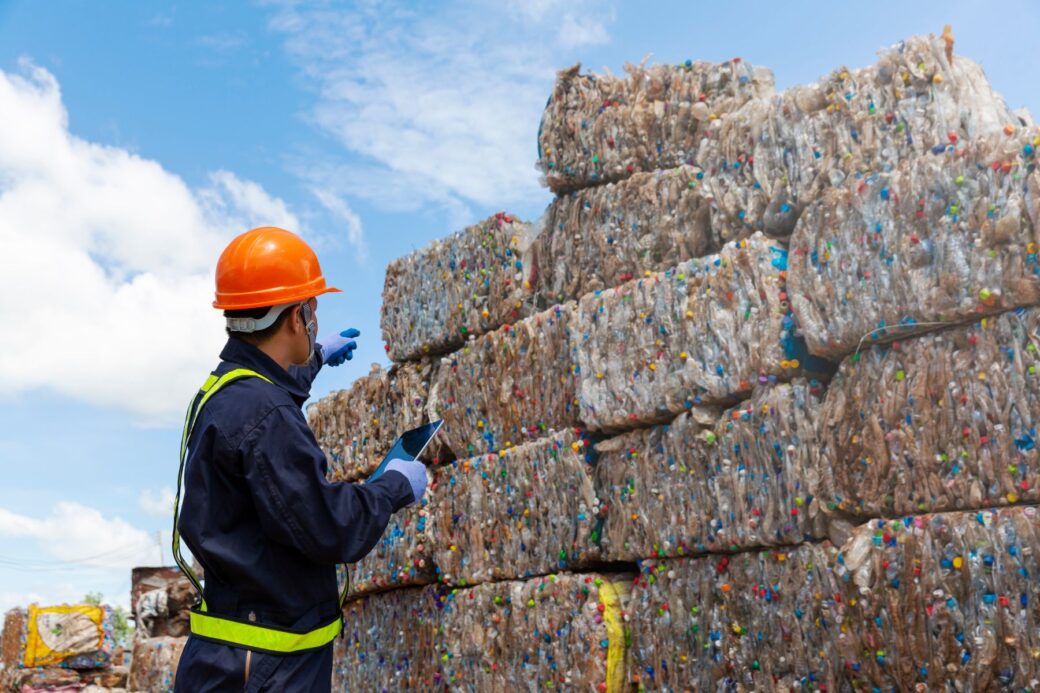The Welsh Government has opened a consultation on plans for a Deposit Return Scheme (DRS), scheduled to begin in October 2027. The scheme will apply to both single-use and reusable drinks containers and will be operated by a newly established Deposit Management Organisation (DMO).
While the Welsh government sees the introduction of a DRS as a further step towards leadership in sustainability and circular economy practices, many experts in the glass sector have raised concerns. In particular, industry voices have questioned the viability of having differing DRS schemes across the UK’s borderless nations, warning of potential negative impacts on the UK glass industry and added complexity for producers and recyclers.





